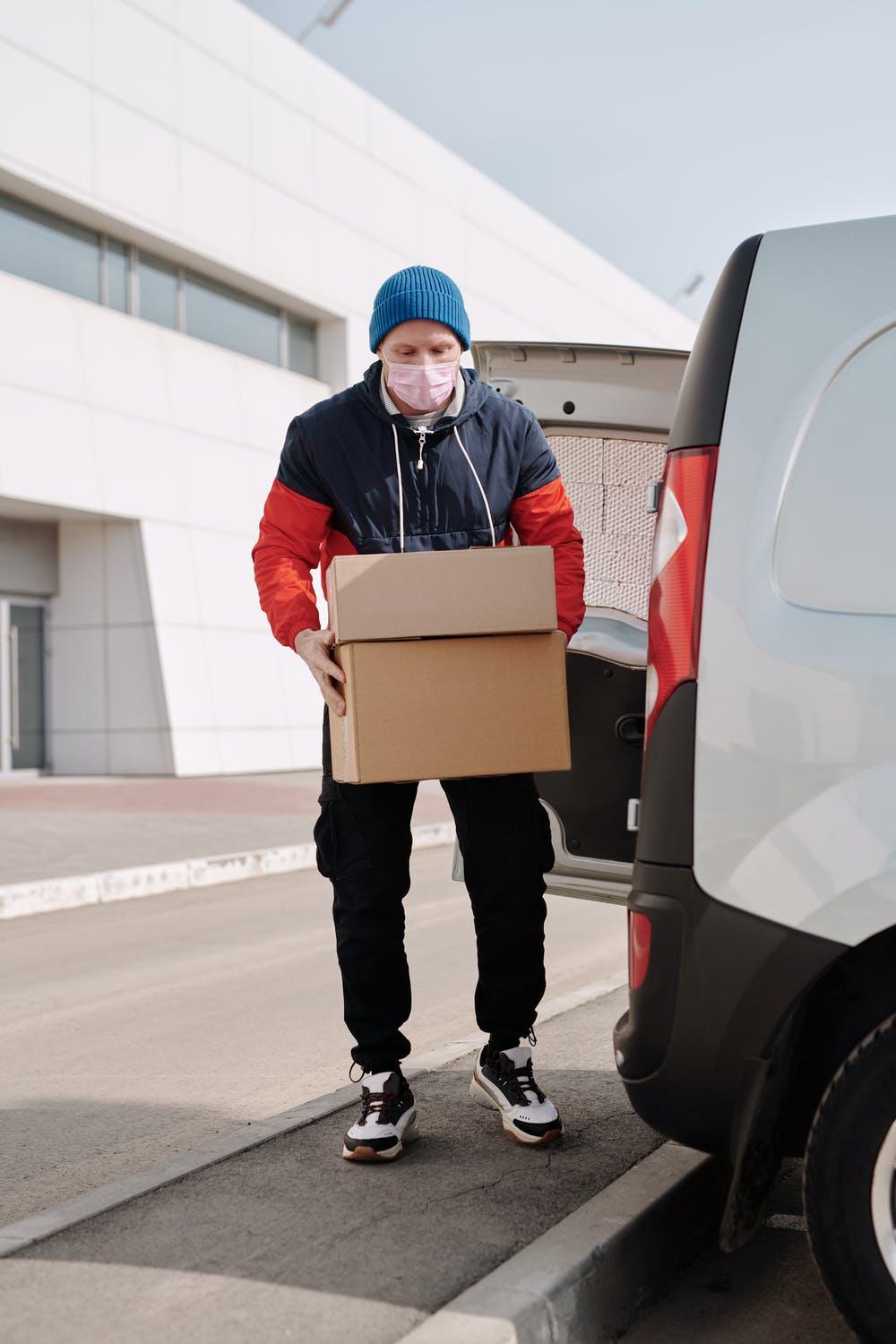Is it Safe to Buy Used Textbooks in a COVID-19 World?

Because COVID-19 is not be going away any time soon, colleges are facing the challenge of keeping their students safe, with many colleges going online for Fall -- which may also impact how students buy textbooks for their classes.
Buying new or online textbooks is always an option, but for those students who want to buy used textbooks -- whether because they prefer physical books over digital ones or the used textbooks are a cheaper alternative to new ones -- there is the question of whether or not it is safe to buy used textbooks in a world still consumed by the COVID-19 pandemic. Although the virus is transmitted primarily through respiratory droplets from an infected person’s cough or sneeze, or through close, prolonged contact such as shaking hands with someone else, it’s still valid to be concerned about the way the virus might spread through used textbooks that are traveling through the mail.
It is important to take certain precautions to ensure you stay as safe and as healthy as possible. That said, you want to be aware of how you handle any physical books that come your way.
If you decide to buy a used textbook, it will be shipped to you in some kind of packaging, most likely cardboard and/or plastic. According to Johns Hopkins Medicine, the coronavirus lasts for up to one day on cardboard and three days on plastic. Since the textbook will be shipped to you, there is actually a much smaller risk of your contracting COVID-19 -- the textbook will be coming from the company’s warehouse, where it’s been sitting idle for at least several days, which is enough time for any virus particles to die off before the package arrives at your doorstep. In that case, you most likely don’t have to worry about contracting COVID-19 from ordering a used textbook, as the virus probably won’t survive during transit.

All things considered, it’s never a bad idea to be a little extra cautious. Once the package with your used textbooks arrives, you can set the unopened box aside for a couple of days where it won’t be in the way or touched by anyone else. After all, the longer it goes without being handled, the better. According to Dr. Amy Edwards, a pediatric infectious disease specialist at University Hospitals, who works with the UH Roe Green Center for Travel Medicine & Global Health, “Every day you can put an item in storage instead of using it, the item will have less and less virus.”
In general, it’s extremely important to be conscious of what you’re touching and making sure that you don’t touch your own face after touching something new. So, for example, after you touch the package that contains your used textbooks to move it somewhere else, you should make sure to wash your hands right away so that you don’t run the risk of touching your face.
This same general concept also goes for situations in which you want to borrow library books; in fact, you may even be able to find certain textbooks that you need in a library near you. Again, it is super important to not touch your face and make sure that you are washing your hands whenever necessary.

When you take the used textbooks out of their box or packaging, it may give you peace of mind to wipe down the front and back covers with a sanitizing wipe of some sort. While you can’t really do much about the individual pages within the book, at least you’ll know that the outside of the textbook has been sanitized.
If you really find yourself uncomfortable with the idea of buying a physical copy of a used textbook, you always have the option to turn to digital textbooks. These are a great alternative because they are convenient, easy to access, and oftentimes more affordable than a physical copy. Sometimes, you may even be able to access digital textbooks for free in the form of PDFs if you look hard enough.
Ultimately, it is safe to buy used textbooks during the COVID-19 pandemic -- as long as you are mindful about washing your hands and perhaps placing the package of textbooks aside for a couple of days to ensure the virus is no longer living on cardboard or plastic surfaces. Take the proper precautions to protect yourself and your belongings, and you will be safe and healthy.


